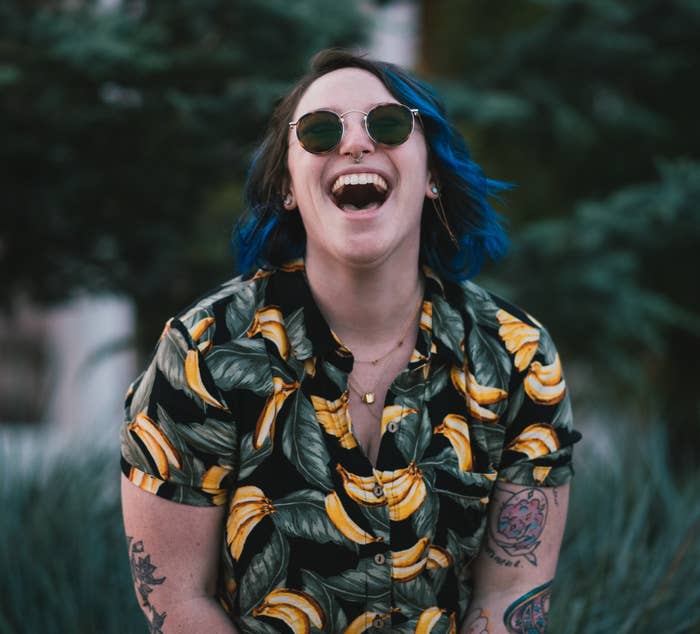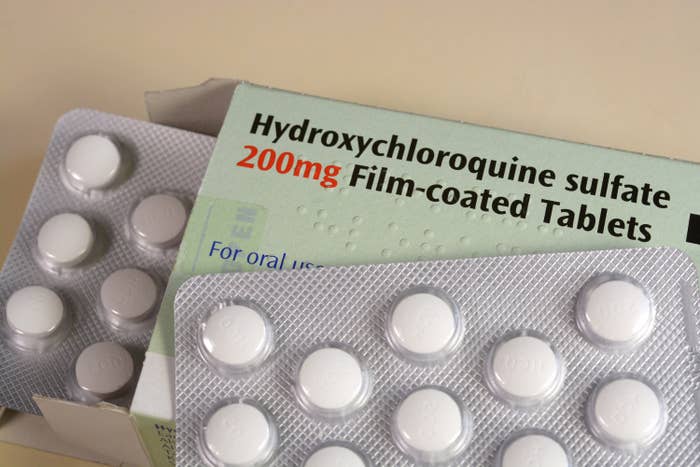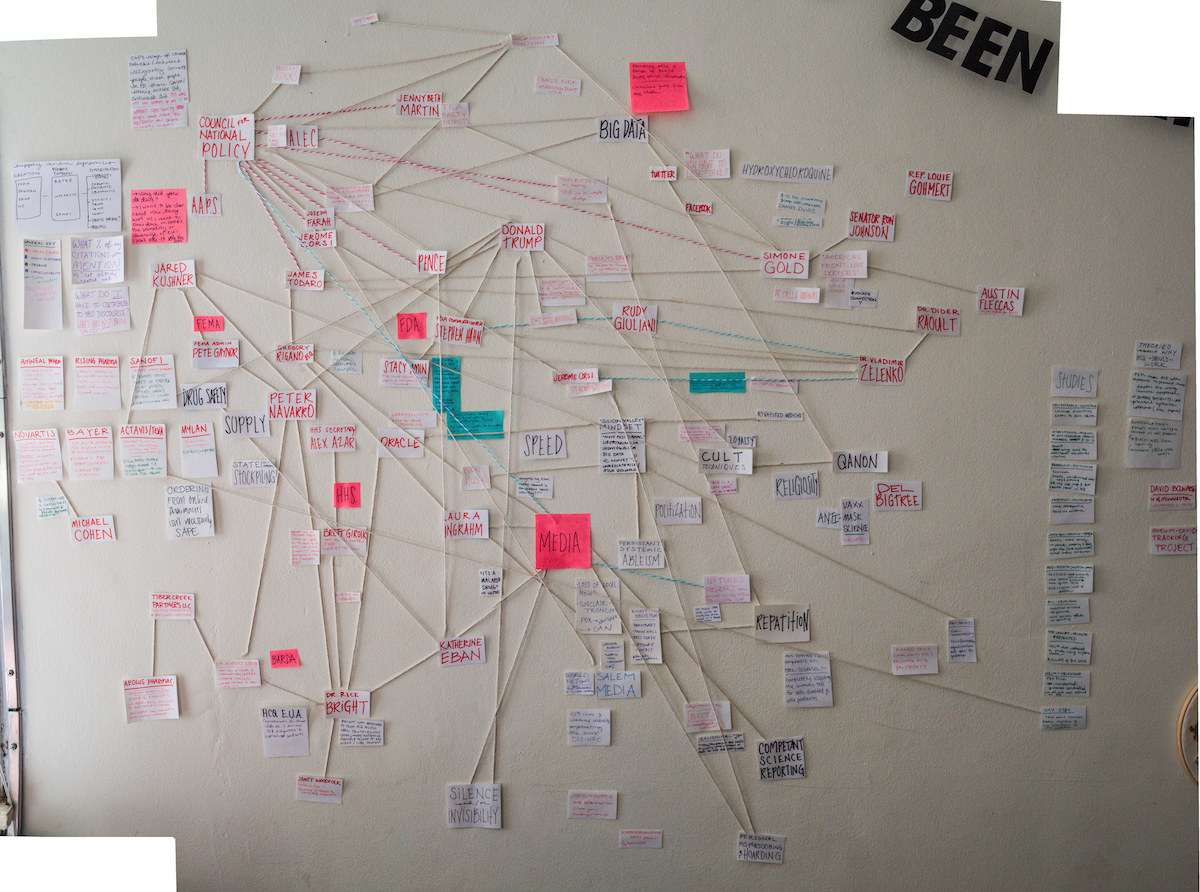
The coronavirus pandemic has inspired wave upon wave of false information about hydroxychloroquine, a drug that many have claimed could treat or prevent COVID-19.
According to the World Health Organization, the drug has shown no benefits in treating COVID-19. The FDA warned last spring that the drug could have serious side effects.
That hasn't stopped a whole network of websites, social media posts, videos, and individuals from promoting hydroxychloroquine as a treatment or cure. While president, Donald Trump also endorsed it on social media and in public statements. He even said he was taking it himself as a preventative drug, though he did not take it once he contracted the virus.
This has all been very frustrating for Abby Mahler as someone who takes hydroxychloroquine to manage lupus. That's why they have taken to TikTok to try to debunk the false information.

Mahler, 27, was diagnosed with lupus in 2016 and has been taking hydroxychloroquine for over four years. Lupus is an autoimmune disease where the immune system attacks healthy tissue in the body. Hydroxychloroquine works as an immunomodulator to relieve symptoms, and it is also used to treat other autoimmune disorders. That's one of the first things Mahler wants people to know.
As hydroxychloroquine bubbled up in the news, it was mostly talked about as a malaria treatment. And while that's true, Mahler said they felt that those who were taking it for other reasons were being erased.
"That blew my mind, that articles would simply gloss over that," they said.
It's one of many things they have addressed on their TikTok account.
The hype over hydroxychloroquine hasn't been harmless. In the spring, there were reports of shortages for patients with autoimmune diseases, something Mahler said they experienced firsthand in March.
"These are not harmless things. Nothing happens in a vacuum," they said. "That word that people just learned how to spell this year is everything to somebody."
That's what led them to start researching exactly why hydroxychloroquine blew up the way it did and share that information on TikTok. This isn't just debunking bad information, it's disability justice, they said.
They have been debunking what they call bad science.
And they are fact-checking what they call common myths.
And they're answering questions from viewers.
They also talk about their opinions on the links between the drug, the alt-right, and the media.
A common feature in the videos is Mahler's word web, one of the ways they organize information, along with a whole lot of documents.

Mahler now has 10,000 followers on TikTok and has attracted the interest of people who want to know more about the science behind hydroxychloroquine. They've attracted plenty of trolls too.
Mahler is now working on a digitized version of their research.
While the mainstream conversation has moved on, false information about hydroxychloroquine is still proliferating on certain corners of the web, so Mahler knows their work is far from done.
"I hope people learn about what happened. First and foremost, I do not want this to be lost to history," they said.
